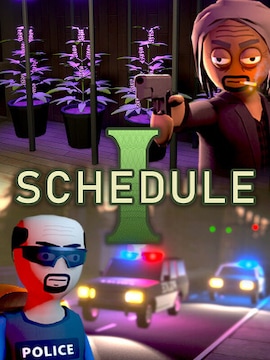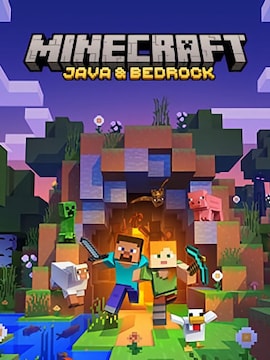It is well known that video games, beyond providing entertainment, also educate. And this is not solely about acquiring new concepts and learning in the sense of school education. Games primarily develop cognitive abilities, as well as creativity, logical thinking, and problem-solving skills.
This thesis has been repeatedly supported by scientific research, such as studies conducted by the National Health Institute in 2023 on a group of 2000 children. Kids who declared spending their leisure time on video games achieved significantly better results, including tests of cognitive skills and memory.
How do video games help with problem-solving? How do they aid in better memorization of facts and logical thinking? We’re already rushing with the answer!
Development of Logical Thinking
Games, not only educational ones, present various challenges to players. It could be finding a path in a maze, devising a strategy to overcome a tough enemy, or discovering a way to open a door by solving puzzles and combining found items together.
All these activities make children and adults develop their skills of problem-solving in video games. They need to understand the nature of the task, process the acquired information logically, and then demonstrate creativity in finding a solution.
Due to the nature of games, where we usually have multiple lives or can simply load a previous save, we can also learn from our mistakes — seeking new, more effective ways to solve a particular problem. Learning from our mistakes is one of the best forms of acquiring new skills.
Cognitive Development and More
Beyond teaching logical thinking, games also excellently foster cognitive abilities such as reasoning, information processing, focus, and memorization.
As mentioned earlier, to solve a problem — complete a task in a quest, find an exit, or devise a combat tactic — we must first understand the nature of the task. This develops the ability to focus attention, reason, and process information. With each successive attempt, we notice more details and assimilate new knowledge, which is incredibly useful in real life as well.
The same applies to memorization. It’s undeniable that video games (of every genre) teach us to memorize. Information spoken by an NPC, a found item, a tactic developed to bypass a formidable opponent — all these usually “stick in our heads.” Remembering seemingly trivial facts develops this skill and contributes to even more effective problem-solving in video games and, of course, real life.
Learning and Developing of Imagination
Although imagination is one of those skills that we simply receive in the default package of other human traits, it’s undeniable that some people have it quite developed, while others find it challenging to imagine even simple things.
Magical, fantastical, or futuristic worlds of games undoubtedly enhance imagination. All the wonders that we usually do not experience in real life stimulate our creativity and imagination. They help our brains regenerate and relax while subtly providing new information and experiences that, in turn, influence the creation of new neural connections.
Learning Many New Skills
Video games are an excellent way to learn dexterity, quick reaction, as well as openness to novelty, understanding the importance of practice in mastering new abilities, and losing gracefully.
Especially the last mentioned above, is incredibly important in adult life and very difficult to master as a child. Many little ones find it challenging to reconcile with the fact that things don’t always go their way and that they can’t always be in the first place. Experiencing minor “failures” in a safe, virtual environment helps them become familiar with this fact and learn to bear it better.
Games also support openness to trying new things. Seemingly insignificant choices like selecting a different playable character, a new map, or a game different from the usual one convince us that it’s worth trying to change something we’re accustomed to. This is a crucial skill.
Moreover, playing games proves and teaches that practice and exercise are the best and only way to learn a new skill — any skill.
Conclusion
As you can see, playing video games is not just a way to relax and escape boredom. It’s also an excellent tool for personal development, allowing mastery of various skills that later prove useful in real life.
They develop imagination and creativity, teach creative solution-finding and logical thinking, help develop the ability to reason and connect facts, as well as memorization. Therefore, video games are a great way to learn practical and valuable problem-solving skills that we can absorb in an incredibly enjoyable way!




